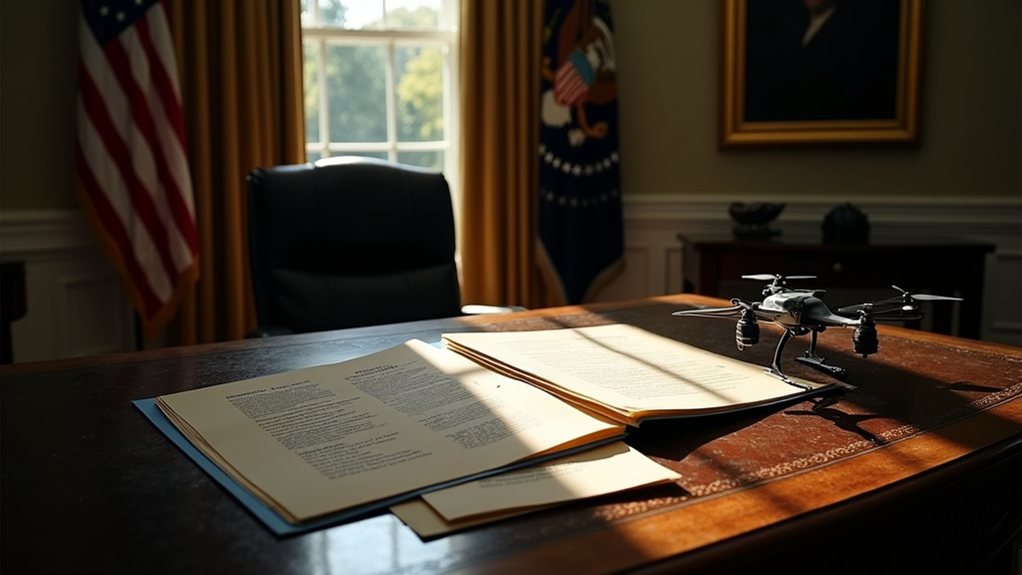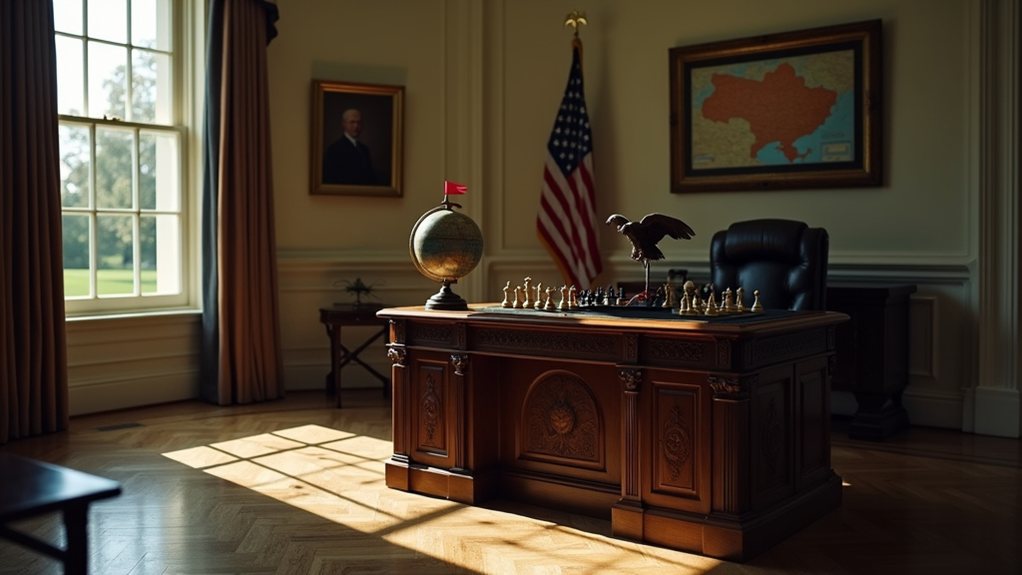As Donald Trump shifts his stance on the Ukraine war, he admits that his earlier claim to end the conflict in 24 hours was "somewhat sarcastic." During his 2024 presidential campaign, Trump repeatedly promised to quickly settle the war, aiming to stop the violence and save lives. He often declared that he could end the war before even entering the Oval Office. His words struck a chord, as he wanted to stop the "carnage" and deaths of both Russians and Ukrainians.
However, Trump has since backtracked on his bold 24-hour promise. He acknowledged that it was not a serious claim. Instead, his special envoy, Keith Kellogg, suggested a more feasible timeline of 100 days to reach a resolution. Trump has now expressed a desire to "get it settled" but has not presented any concrete peace plan to Ukrainian officials. He mentioned he expects more information on a U.S. ceasefire proposal soon. Ukraine agreed to a 30-day ceasefire contingent on Russia's agreement, showcasing the complexities of diplomatic efforts.
Trump has revised his 24-hour war resolution claim, now considering a 100-day timeline for peace.
Kellogg's 100-day goal is seen as a starting point, but Trump believes a six-month timeline might be more realistic. He hopes to be successful in settling the conflict, although no specific details have been provided on how to achieve this settlement.
Reactions from Ukraine have been mixed. Some Ukrainians are skeptical of Trump's promises. A Gradus Research poll found that 31% expect the war to drag on for years, while another 31% find it hard to predict when it will end. Over a third believe it might wrap up by the end of 2025.
On the international stage, reactions vary as well. Russian President Vladimir Putin has cautiously responded to the U.S. ceasefire proposal. European leaders urge Russia to accept a ceasefire. Concerns linger about Trump's approach, particularly regarding Ukraine's interests and the future of international relations.
The situation remains fluid and complex, with many watching closely.









